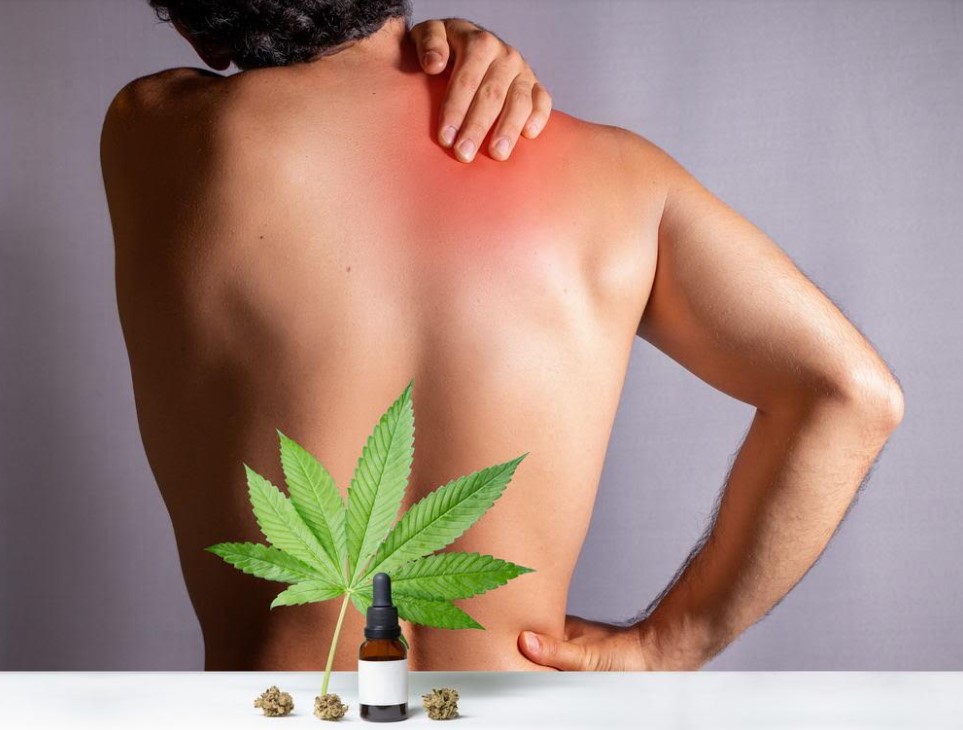Should Cannabis Be Considered as an Acute Pain Treatment?

Cannabis has been getting a lot of attention lately. One of the more recent stories to make the rounds involves a study showing that as many as half of all chronic pain patients who use medical cannabis have also reduced their use of opioids. That is good news for chronic pain patients. But what about treating acute pain?
Where chronic pain is long-term and experienced either daily or on a regular basis, acute pain is short term. It may or may not be debilitating. Acute pain isn’t normally discussed in the context of medical cannabis because so few states consider it a qualifying condition.
This is not so in Utah, where the people behind the Utahmarijuana.org website say acute pain is on the qualifying conditions list. State lawmakers added it in 2022. They did so with the hope that doctors would prescribe fewer opioids for acute pain patients.
Managing Pain After Surgery
Under the Utah statute, there are multiple scenarios through which a patient could qualify for medical cannabis to treat acute pain. One of the easiest to understand is surgery. Imagine you are a Utah resident scheduled for knee replacement surgery next month. You are planning on experiencing significant pain in the immediate aftermath.
Imagine consulting with your surgeon. He tells you to expect several days of recovery in the hospital, complete with an ample supply of opioid pain medication. He says he will write you a prescription so that you can obtain more pain medication after discharge. As you listen to your doctor explain things, you are secretly hoping you don’t get hooked on opioids.
Though there are some restrictions, you would probably qualify for a temporary medical cannabis card in Utah. Obtaining a card would allow you to use medical cannabis instead of opioids. Whether you vaped or used a tincture, edible product, or transmural application, you could choose to avoid opioids.
Efficacy Is the Big Question
Utah lawmakers apparently believe in the efficacy of medical cannabis enough that they have approved it as a treatment for chronic and acute pain. Likewise, medical providers around the country are recognizing cannabis’ ability to relieve pain in ever larger numbers. That is the good news. The bad news is that scientific data proving efficacy isn’t as conclusive as we would like it to be.
The reality is that competing studies have produced contradictory results. Some studies have shown cannabis as no better than placebo at relieving pain. Other studies have demonstrated that chronic pain patients are finding relief with cannabis. Who is right and who is wrong?
Until conflicting studies can be reconciled, the doubt over whether cannabis actually works as a pain reliever will remain. There is no avoiding it. But there’s a bigger issue at play here: the potential for utilizing cannabis as a way to cut down on prescription opioid consumption.
Fewer Opioids Should Be a Priority
It is a given that doctors prescribe opioids to treat both chronic and acute pain. But we know that opioid abuse has exploded since prescription opioids came to market. We also know that opioid abuse continues to be an ongoing problem. What if we could significantly cut down on the number of opioid prescriptions doctors wrote?
Set proof of efficacy aside for one second. Even if cannabis acts as a placebo and nothing more, the fact that people report pain relief after using it is significant. The fact that more than half of chronic pain patients who treat with cannabis have reduced opioid consumption matters. It matters enough that we ought to consider cannabis as an acute pain treatment, too.
